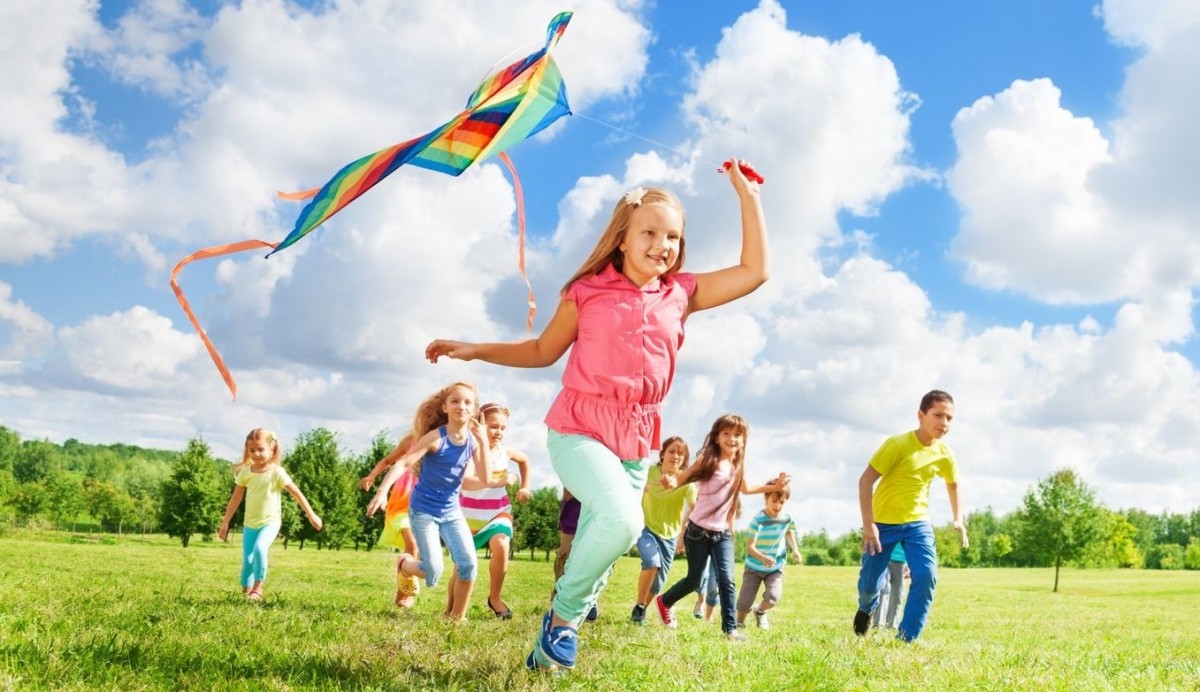Gross motor skills require coordination
Gross motor skills consist of large movements driven by large muscles groups like those in the arms or legs. Practice and repetition of these types of movement are required for gross motor skill development. The brain, spine, nerves and muscles must all work together in a coordinated fashion. Birth trauma, illness, and accidents can result in delayed development of gross motor skills.
Coordinated movement requires the use of our five senses: sight, taste, sound, touch and smell. In addition, senses that work on an unconscious level are needed. These are the proprioceptive and vestibular senses.
Vestibular sense: the vestibular system is located in the inner ear and is responsible for standing up, motion, equilibrium (balance), and spatial orientation. It responds to the push and pulls of gravity and provides information about the position and movement of the head. Problems with the vestibular system may result in dizziness, vertigo, and hearing, vision problems, or memory problems.
Proprioception: proprioception relates to the understanding of our own body. This includes understanding the position of the body and how it’s moving via sensors in the muscles, joints, and tendons.
The brain puts together information received by these seven sensory systems, which is then used to put together skilled movements through sensory processing.
Effects on a child
Play is an extremely important part of a child’s life. On the playground, children learn invaluable social skills such as how to make new friends, work in teams, compete politely, and negotiate conflict. Children who struggle with these tasks may lose self-confidence and, as a result, avoid participating . Alternatively, they may give more subtle cues such as explaining that they don’t enjoy those types of activities in order to avoid doing them. Consequently, the child may miss out on crucial opportunities for developing social skills.
Occupational Therapy services: we are here to help!
Using your invaluable input, pediatric Occupational Therapists can complete a comprehensive evaluation to create a therapeutic intervention plan to strengthen your child’s foundation of gross motor skills development. Sensory integration therapy may be used in conjunction with other frames of reference such as Neurodevelopment Technique (NDT), motor learning & cognitive strategies.
An OT will put together fun playtime activities that your child can enjoy while simultaneously developing their gross motor skills. In other words, it will feel like play, not work! Some examples include:
- A toddler can play with cars and train tracks to improve eye-hand coordination.
- Playing in the sand, including pouring and filling, can help a toddler to coordinate hand movements.
- Bilateral coordination activities to help your child coordinate arm and leg movements. For instance, catching and pushing a ball with both hands, or using a slinky & shifting the hands in vertical movements.
- A fun and safe customized obstacle course where your child completes a sequence of activities.
- Trampoline jumping is fun! An OT can challenge your child to try to jump high, low, in standing, in sitting, etc., to work on balance and coordination.
Working with Occupational Therapists is a step in the right direction to getting your child back to a balanced, healthy, and happy lifestyle!
To learn more about occupational therapy for Gross Motor Skills, simply call Karp Rehabilitation at 604-420-7800! Or keep reading here!

